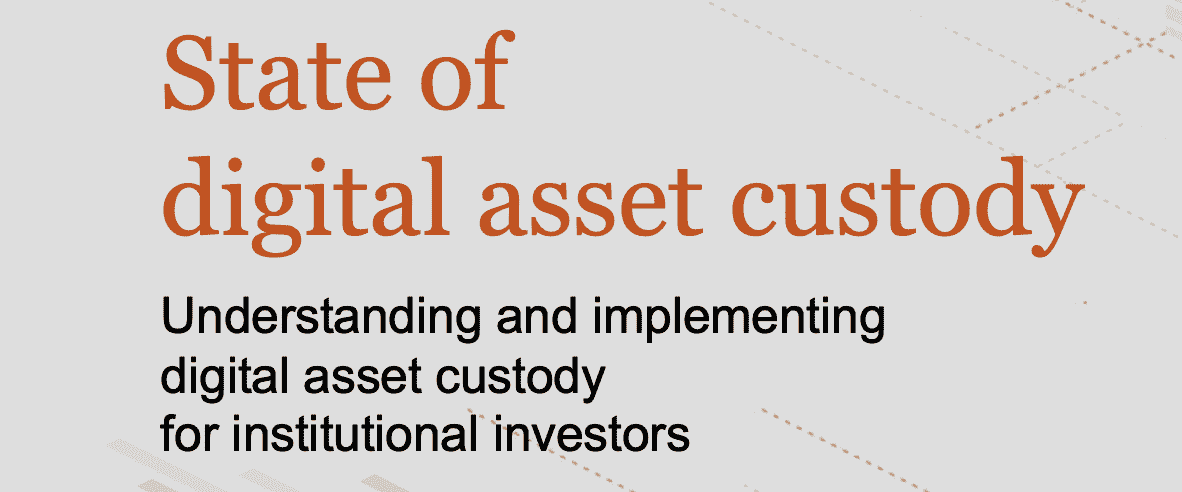ArkStream Capital: Nintendo or Steam? Analyzing the Development Path of Decentralized Gaming Platforms
Decentralized Gaming Platforms: Analyzing the Paths of Nintendo and Steam with ArkStream CapitalArkStream Capital researcher Warren explores the corresponding relationships between the studio model, development engine model, and distribution platform model in decentralized gaming platforms, as well as the development of corresponding products in the decentralized world.
We categorize traditional gaming platforms into three types: studio model, development engine model, and distribution platform model. The development path of blockchain gaming platforms is as follows: 1) Studio model, which gradually develops into creating popular games and then launching a public chain in the encrypted world. This approach relies on the influence of a single game and requires the studio’s first product to explode upon release. Additionally, transitioning from a single game to a public chain could become a “shackle” for a studio due to the potential security risks of the public chain’s nodes, cross-chain bridges, wallets, and other infrastructure.
2) Development engine model, a decentralized development engine built on blockchain technology. Compared to centralized engines, it has many advantages, including better protection of game data and users’ digital assets, providing developers with more freedom and control, meeting the needs of different games, storing game data on the chain, and achieving a more fair and transparent game ecosystem. However, this is the most challenging of the three paths, not only because of strong competitors in the development engine market, but also because the decentralized platform’s ecosystem and community are relatively small and may lack some important resources such as tools, materials, and plugins compared to large engines.
- Rare sats: A system overview of rare sats. What are the types of rare sats and the search tools available?
- Overview of Flood architecture and use cases: How to solve the problems existing in current RPC system testing?
- What is the next step for the whales who have made more than 10x profit in Pendle?
3) Distribution platform model, a decentralized game platform that can profit through token rewards, NFT transactions, platform fees, and can protect users’ rights through technical means such as smart contracts. However, compared to centralized games, there is a decades-long industrial gap that cannot be filled by mere quantity, let alone top IPs like Pokémon and Mario. Frequent low-cost trial and error is advantageous for discovering “blockbusters.” As a decentralized distribution platform, the number of games that can be launched is a reflection of its competitiveness, and currently, the easiest thing for a decentralized distribution platform to catch up with compared to a centralized platform is the number of games.
When comparing top game development companies and top game public chains, we can see that decentralized game platforms still have tens or even hundreds of times growth potential. If the following issues can be resolved, decentralized game platforms will have the power to compete with centralized platforms: how to better use blockchain technology to protect user rights; how to attract more players and developers to join decentralized game platforms, further improving game quality and quantity; how to compete with traditional gaming platforms in creating blockbusters and attracting more traffic and users.
Reference: https://foresightnews.pro/article/detail/35081
We will continue to update Blocking; if you have any questions or suggestions, please contact us!
Was this article helpful?
93 out of 132 found this helpful
Related articles
- Detailed explanation of RWA DeFi protocol Ondo Finance, which raised $24 million in funding
- Disappeared “Chinese richest man”
- Experts Interpret What Will Happen Next with Binance and Coinbase
- Even the legendary GPT cannot create your dream divine vehicle
- How far are we from an Ethereum centered around intent?
- Comparison analysis of developer experience for the four major ZKRU solutions: StarkNet, Scroll, zkSync, and Polygon
- Life After the Collapse of Sanjian Capital: Surfing, Meditation, and World Travel for the Founders




